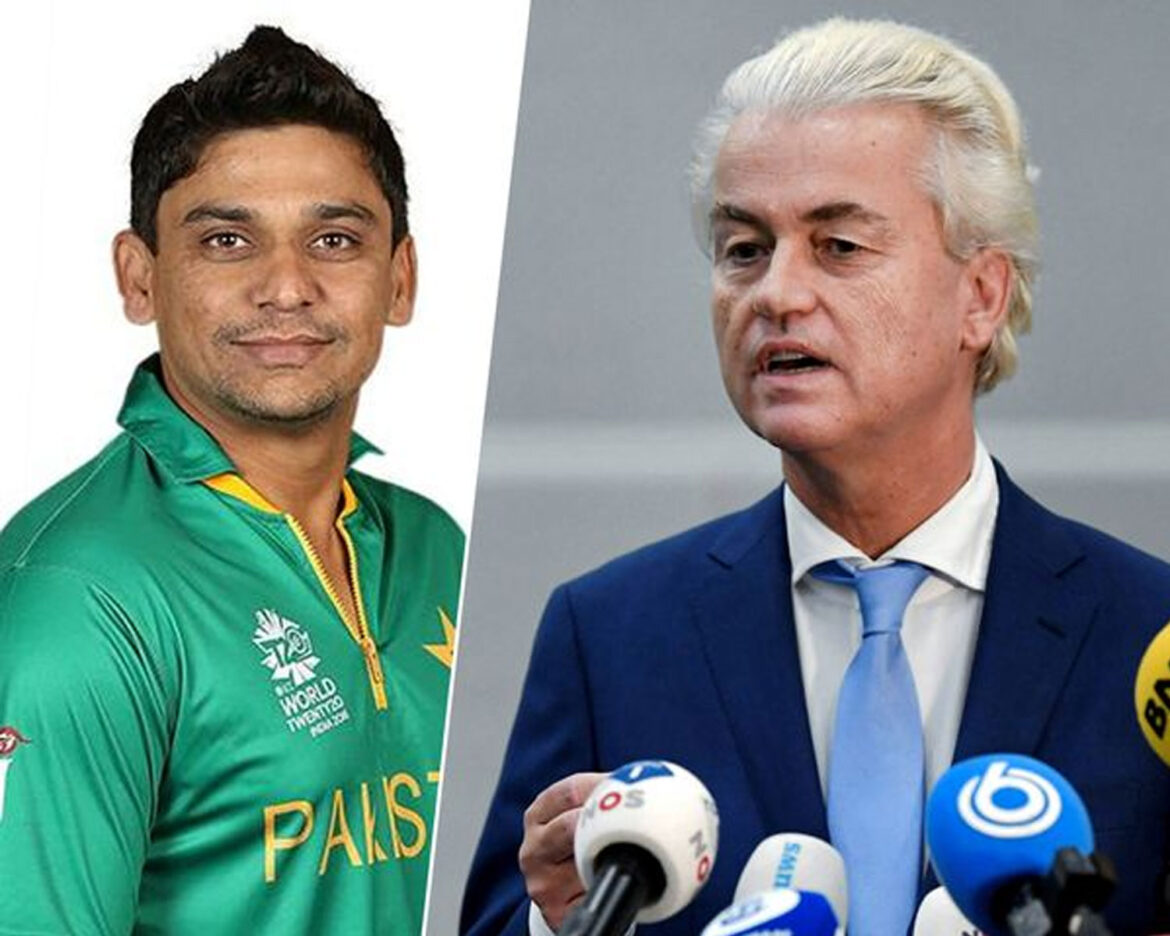A Dutch court on Monday handed down a 12-year prison sentence to former Pakistan international cricketer Khalid Latif for inciting the murder of anti-Islam MP Geert Wilders. The sentencing comes after Latif had offered a substantial sum of 21,000 euros ($22,500) in an online video for the assassination of Geert Wilders, who had organized a controversial competition featuring cartoons of the Prophet Mohammed.
Presiding Judge G. Verbeek emphasized the gravity of Latif’s actions, stating, “It was not a stretch to think that somebody around the world would have taken heed of the call to kill Mr. Wilders. The accused knew this and his call fueled the fire to have Wilders killed.”
The 37-year-old Latif, who was convicted in absentia, is unlikely to serve his sentence, as Dutch authorities’ attempts to question him and request legal assistance from Pakistan have been unsuccessful.
Geert Wilders, who has been under 24-hour state protection since 2004 due to numerous death threats, expressed satisfaction with the verdict. He urged the Pakistani authorities to cooperate and facilitate Latif’s arrest and extradition to the Netherlands.
The controversial cartoon contest organized by Wilders was met with widespread criticism in the Netherlands, with many arguing that it needlessly antagonized Muslims. The cancellation of the contest followed protests in Pakistan and a surge in death threats against Wilders.
Judge Verbeek noted that Latif’s video not only targeted Wilders personally but also posed a threat to the concept of free speech in the Netherlands.
Khalid Latif, who played five one-day internationals and 13 T20 internationals for Pakistan, had previously faced a five-year ban from cricket in 2017 for spot-fixing during a Pakistan Super League match in Dubai. His last appearance for Pakistan was against the West Indies in Abu Dhabi in September 2016.
Judge Verbeek remarked that Latif had misused his fame as an international cricketer to exacerbate tensions at a time when the Netherlands was already the subject of multiple threats.
The case highlights the challenges posed by online incitement to violence and the complex issues surrounding freedom of speech in the digital age.



